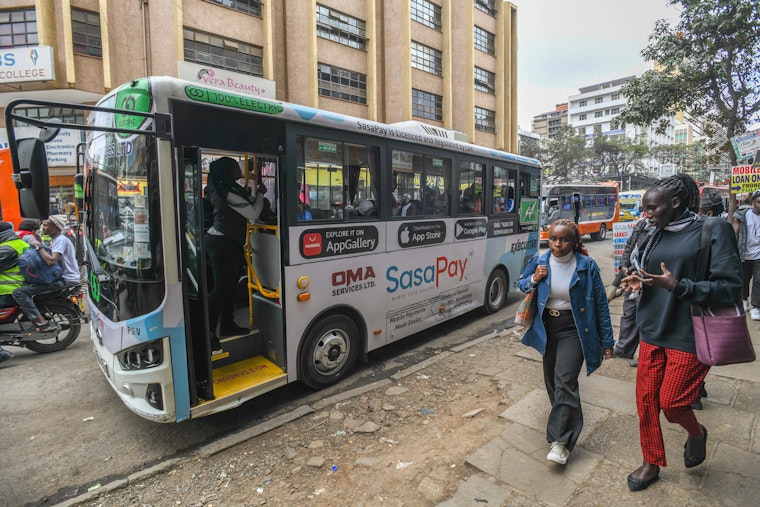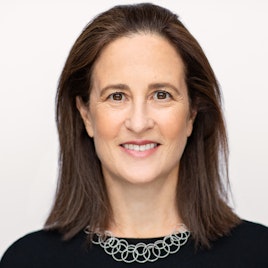Unlocking Sorely Needed Investment in Green Energy Projects Across the Global South
By Georgia Levenson Keohane

What if more of Vietnam’s 60 million motorcycles ran on electricity and not gasoline? What if Kenyan rooftop solar companies could increase their installed capacity twenty-fold by 2029? What if one of the largest operators of buses in India could rapidly switch its fleet to electric over the next five years? What if the energy systems of entire Caribbean states could be transitioned to renewables?
These kinds of outcomes would help accelerate the essential clean energy transition in emerging markets and developing countries while enhancing resilience for the communities most affected by climate change. Yet despite the urgent need, projects like these have been advancing far too slowly, due in large part to a paucity of risk-tolerant investment capital.
One recent study estimates that Global South countries require at least $1.1 trillion per year in additional capital to finance the systemic shift to sustainable energy and to adapt to the challenges wrought by climate change.
To date, however, most of the investment into this transition has been directed to large-scale projects in the world’s richest countries—as they pose less risk, and more commercial promise, to potential investors. Channeling more investment to Global South markets is the mission of Allied Climate Partners (ACP)—a new and innovative public-private partnership that the Soros Economic Development Fund has helped to launch with a $25 million commitment, together with the Three Cairns Group, Bezos Earth Fund, Sea Change Foundation International, and several other philanthropic and investment partners.
ACP aims to deploy up to $235 million of high-risk capital into locally managed investment funds in Southeast Asia, Africa, Latin America and the Caribbean, and India. These regional funds will, in turn, seek to raise an additional $600+ million from public and private investors—who will be secured against potential losses from early-stage project risks by junior tier investors. Over time the ACP platform will work to leverage as much as $11 billion in additional investment for the projects it will fund.
The ACP platform, launched at COP28 in Dubai, focuses on the role of multilateral development banks and development finance institutions, which include the World Bank and regional development banks such as the Asia Development Bank and the Africa Development Bank. These banks have in the past helped drive economic development at a national level by backing significant projects that result in follow-on global private investment in the same or related fields at greater scale.
But the multilateral development banks have traditionally struggled to take on the kind of financial risk associated with early-stage, innovative, and complex projects—for fear they could endanger strong credit record, which allows them to borrow at the lowest possible interest rates.
If the multilateral development banks cannot find a way to invest, however, other leading private banks will also hang back—leaving private sector entrepreneurs focused on climate projects without access to capital. ACP addresses this issue by blending philanthropic and concessional investment capital, which can tolerate a higher level of risk inherent in early-stage projects. Financing early-stage development—i.e., things like land acquisition and environmental assessments—normally requires only about 5 percent of total project funding. In effect, ACP will cover that 5 percent and the associated risks, leaving other partners, including multilateral development banks and development finance institutions, to fund the bulk of the “de-risked” project.
ACP’s initial regional investment is in the Southeast Asia Clean Energy Fund II. Managed by Clime Capital, the team aims to raise at least $135 million to invest in projects in Indonesia, the Philippines, and Vietnam—countries that account for about 75 percent of the region’s population and 60 percent of current regional greenhouse gas emissions.
If successful, ACP will offer an important model of ways blended finance can unlock the substantial public and commercial investment necessary for a just and inclusive transition to a low-carbon global economy. At the Soros Economic Development Fund, we are excited to back ACP in this groundbreaking role.

Georgia Levenson Keohane is chief executive of the Soros Economic Development Fund, Open Society’s impact investment fund.